Publications
Articles, publications, books, tools and multimedia features from the U.S. Institute of Peace provide the latest news, analysis, research findings, practitioner guides and reports, all related to the conflict zones and issues that are at the center of the Institute’s work to prevent and reduce violent conflict.

Jacob Stokes on China’s Hong Kong Policy
After Beijing passed a new law curtailing freedom in Hong Kong, protests have again erupted in the territory. USIP’s Jacob Stokes says Hong Kong’s democracy poses a threat to Beijing’s legitimacy, and that if China “can’t produce enough economic growth … then that threat … becomes much more acute.”
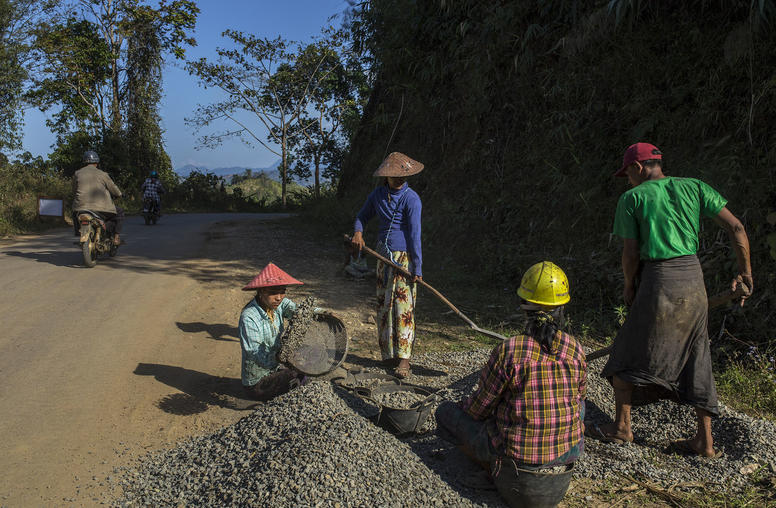
China Using Pandemic Aid to Push Myanmar Economic Corridor
From almost the moment Myanmar detected its first case of COVID-19 on March 23, China jumped to aid its neighbor to the south. China’s army, navy, and government agencies, as well as companies, showered nearly every level of Myanmar’s government and military with health assistance. The question for Myanmar civil society groups was whether the help came with strings attached. On May 21, they got their answer: After a phone call between Chinese leader Xi Jinping and Myanmar’s President U Win Myint about COVID-19 response and Chinese assistance, Xi moved to a second agenda item—the implementation of 33 cooperative economic agreements signed during his historic visit to Myanmar in January. Of particular concern: co-construction of the multi-billion-dollar China-Myanmar Economic Corridor.
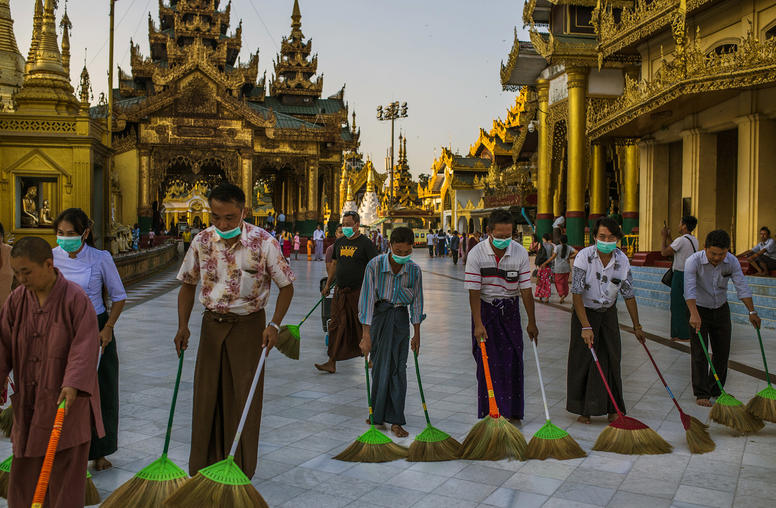
The Coronavirus Challenges Myanmar’s Transition
Like other nations dealing with armed conflicts, Myanmar faces destabilizing risks from the COVID pandemic. The country’s young democratic transition depends on a general election expected in November, yet the government and civil society are overburdened with the struggle against the coronavirus. Meanwhile, signs are growing that the army is using the COVID emergency to strengthen its influence over government and society. Preparing a fair, inclusive election amid this crisis poses the toughest test in years for Myanmar’s democratic transition—and the process must begin in earnest now.
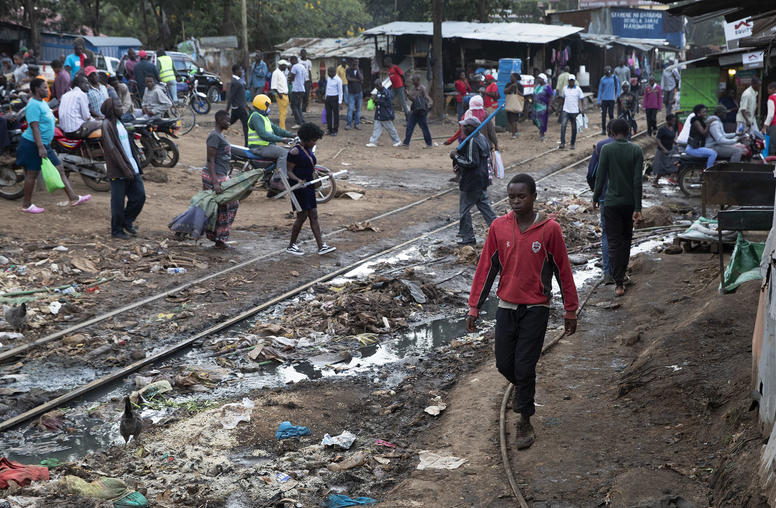
Diplomacy, Development and Defense Officials Pledge To Advance U.S. Fragility Strategy
The United States is committed to advancing the Global Fragility Act (GFA) as part of its global response to the coronavirus pandemic, senior State Department, USAID and Department of Defense officials said on Wednesday at a virtual gathering of development and peacebuilding organizations and experts convened by the U.S. Institute of Peace to facilitate discussions on how to implement the legislation.
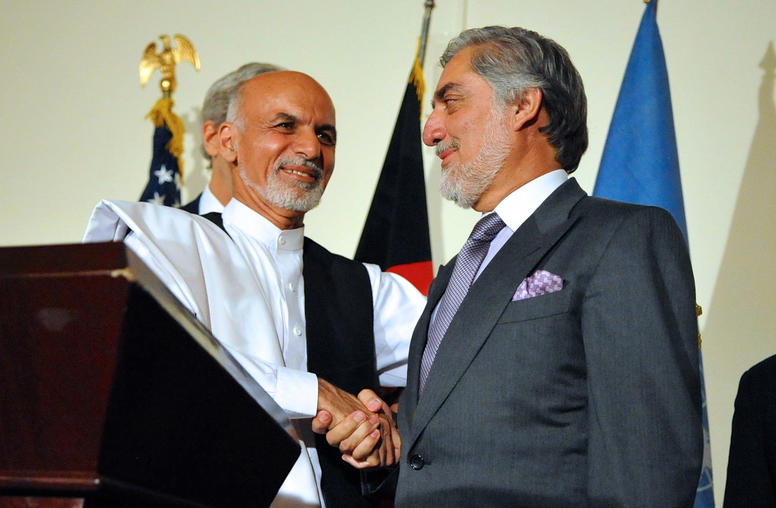
Rival Afghan Leaders Agree to Share Power—Now Comes the Hard Part
Last weekend, Afghan President Ashraf Ghani and rival Abdullah Abdullah signed a power-sharing deal to end a months-long dispute over the 2019 presidential election. The deal comes amid a spate of high-profile violence, including a recent attack on a Kabul maternity ward by suspected ISIS perpetrators. Meanwhile, the Afghan peace process has stalled since the U.S.-Taliban deal signed at the end of February. The power-sharing agreement could address one of the key challenges to getting that process back on track. USIP’s Scott Worden and Johnny Walsh look at what the agreement entails and what it means for the peace process.

Scott Worden on the Afghan Power-Sharing Deal
A political deal to resolve the disputed 2019 presidential election was finally reached over the weekend. USIP’s Scott Worden says the agreement “is quite significant” because it will give the Afghan side “more political coherence to negotiate with the Taliban and, if implemented, it will show the Taliban they can’t divide Afghans.”
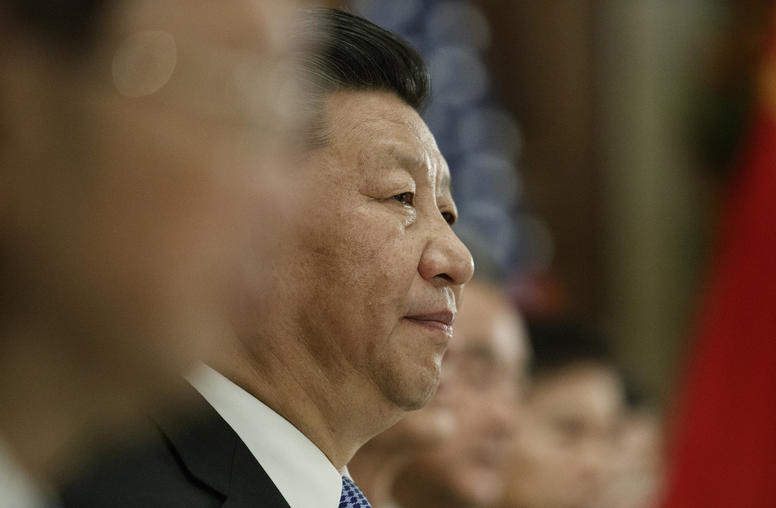
China’s Periphery Diplomacy: Implications for Peace and Security in Asia
China’s foreign policy is expanding in scope and depth and now reaches across the globe. Yet its diplomatic efforts focus on its own complex neighborhood. To advance these interests, China’s leaders practice an interlocking set of foreign affairs activities they refer to as “periphery diplomacy.” This report details the main tools Beijing uses to engage the countries with which it shares borders, assesses the campaign’s effectiveness, and lays out the implications for peace and security in Asia.
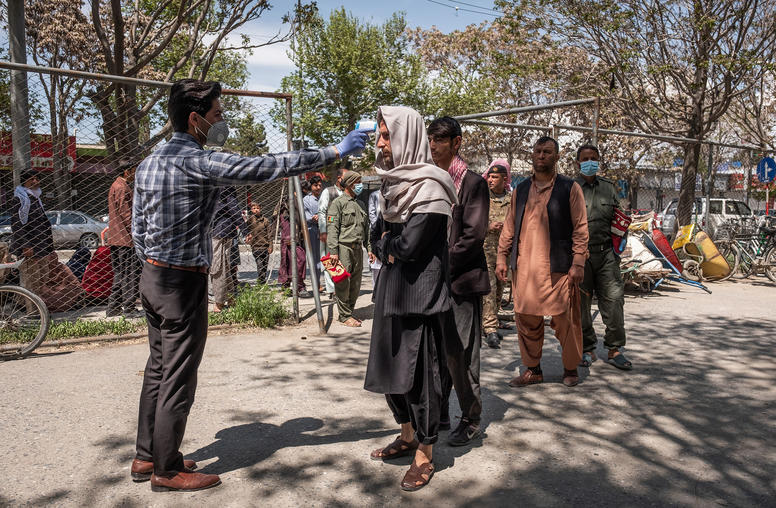
The Dangers of Coronavirus in Conflict Zones
The health and economic implications of the coronavirus pandemic threaten to reverse decades of development progress. While the international community has mobilized substantial sums of aid and financing to address the pandemic and its impacts, the scale of the crisis demands an even more ambitious response. With the virus’s peak still ahead for many countries, there remains an opportunity to rally support for international collaboration on preventive measures that could stave off the worst-case scenario while addressing underlying sources of fragility.
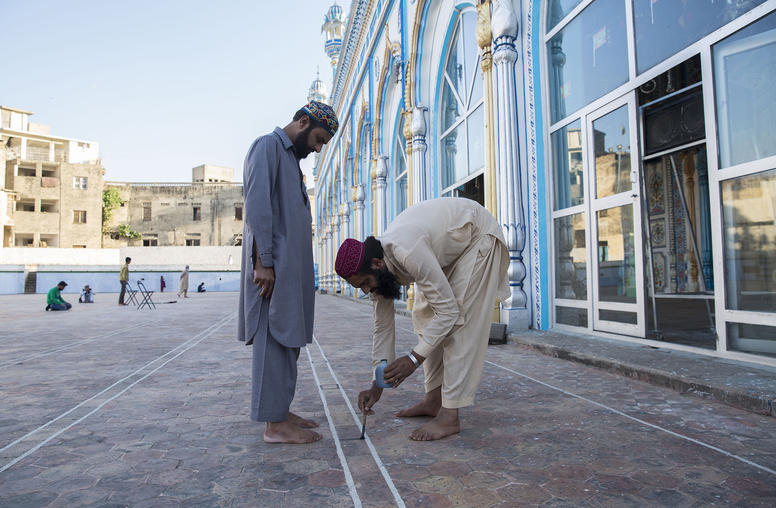
Pakistan’s Battle with Coronavirus Reveals Governance Challenges
While governments around the world are anxious to emerge from their pandemic lockdowns for the sake of their economies, the pressure to do so is more acute in countries like Pakistan where there were already high levels of poverty and a significant part of the population is engaged in the informal economy.
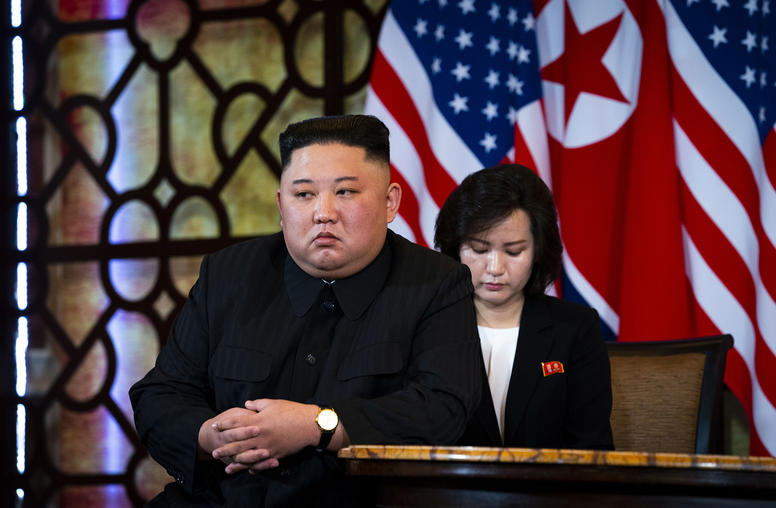
Could U.S.-North Korea Talks Resume in 2020?
The coronavirus pandemic has put many U.S. foreign policy priorities on the back burner, including the North Korea dilemma. But this longstanding problem continues to deepen regardless of COVID-19’s trajectory. In March, Pyongyang conducted five short-range ballistic missile and rocket launches. In addition, North Korea is expanding existing rocket launch facilities and building new ones. The unexplained disappearance of North Korean leader Kim Jong Un in April led to much speculation about the future of the North Korean regime. Meanwhile, the U.S. presidential elections looms large over North Korea’s calculations. What’s in store for the rest of the year?